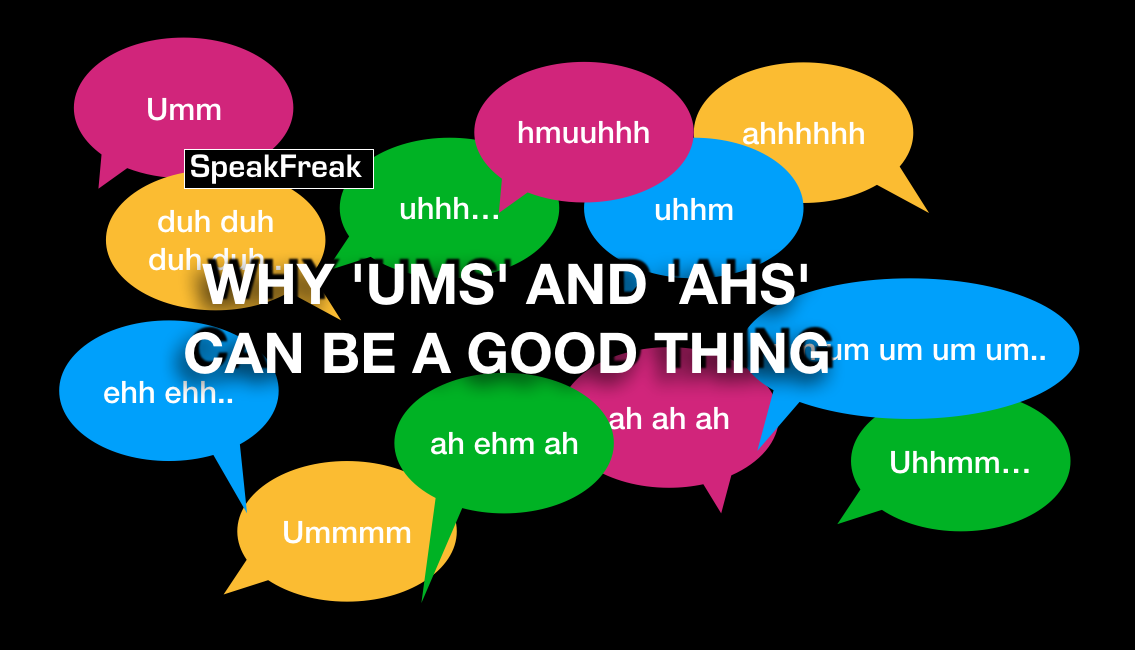Ums and ahs
At the latest Google I/O conference, the company showed what they had been working on for the last four years: their AI (Artifical Intelligent software) is now able to make phone calls. And is in fact so good at it that real humans can’t tell the difference.
How do they do that? Well, they use an advanced neural network and train it on a very specific type of situation, blah blah blah, but more to the point in this context: they make it sound human.
Just listen to this conversation where the Google AI calls a restaurant to make a reservation. (source: Google AI blog)
As you can hear, one of the techniques they use to make the computer sound more human is: ums and ahs.
Get rid of your ums and ahs?
And yet, as speakers we often hear that we need to get rid of our ums and ahs. At Toastmasters meetings there is even a special person assigned to the task of counting them.
Well… of course, there can be too many ums in your speech.
But the underlying assumption often seems to be: a good speaker has no ums and ahs in their speech. And that is an assumption I don’t agree with.
Because ums and ahs have a function. And it’s not just to bide us time when we’re thinking. We can train ourselves to do that while pausing.
Signal function
Ums and ahs have a signal function for the listener. They add emotional information to the speech. An um will often be interpreted as: “something important is about to follow.” And it has been shown that people pay more attention after it.
Ums and ahs can also be used as a form of politeness. To soften an otherwise harsh message. They show that the speaker is concerned.
Ums and ahs make you sound more human. And the developers at Google knew this all too well.
Not the number that counts
Still, it can be a good idea to get feedback on your use of these filled pauses. But it’s not so much the number that counts, but how distracting they are.
If your listeners don’t notice the ums and ahs because they are enthralled by your story, you’re fine. If there are too many, if they are too distracting, or if they become an obstacle for comprehension, they hamper your communication. The good news is: You’re definitely human.
(There is a lot more to say about these little buggers. So: to be continued)
PS somewhat unconnected, or maybe not? This blog was written with this music in the background.

